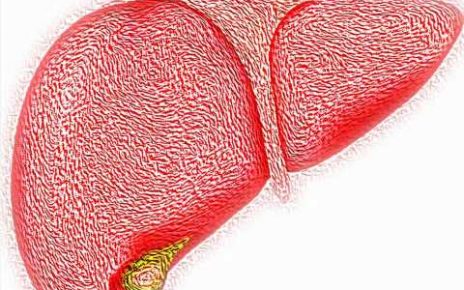NEW YORK (Reuters Health) – New research points to long-lasting cellular and humoral responses to the Pfizer/BioNTech (BNT162b2) COVID-19 vaccine in patients with solid tumors.
“Although humoral response was extensively studied in patients with cancer, to our knowledge, there are few data regarding cellular immunity and the association with vaccine efficacy,” researchers say in a research letter in JAMA Oncology.
Dr. Irit Ben-Aharon with Rambam Health Care Campus in Haifa, Israel, and colleagues explored cellular and humoral responses six months after receipt of the vaccine in 169 patients (mean age, 66 years; 57% men) with solid tumors who were receiving active antineoplastic treatment.
Most patients (81%) had metastatic disease. Common cancers were gastrointestinal (33%), lung (23%), breast (17%) and genitourinary (12%).
Treatments included chemotherapy (57%), biological agents (36%), immunotherapy (37%), or combined modalities.
At six months after vaccination, the team observed durable cellular and humoral responses to COVID vaccination.
There was also a significant correlation between humoral and cellular response, although B-cell response was negatively associated with chemotherapy, whereas T-cell response seemed to be unaffected, the researchers say.
In a subset of patients who received a booster dose, 67% demonstrated a significant increase in cellular immune response and all saw an increase in antibody levels.
There were no documented COVID-19 infections in any patient 12 months after vaccination.
“Taken together, these results suggest that in patients with solid tumors, the BNT162b2 vaccine exerts a cellular and humoral sustainable response that is manifested by a low infectivity rate,” they conclude.
The study had no commercial funding.
SOURCE: https://bit.ly/3w7al2r JAMA Oncology, online April 22, 2022.
Source: Read Full Article



